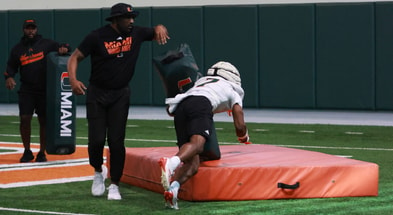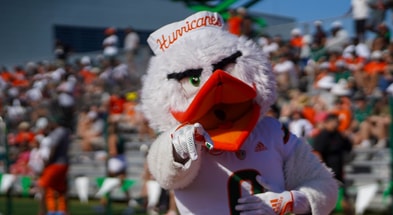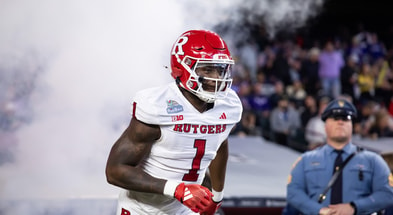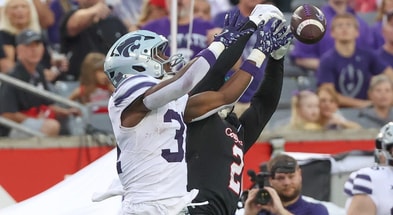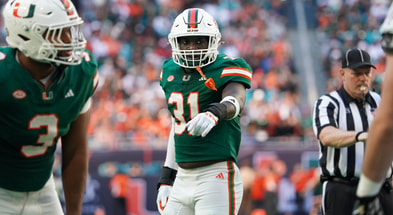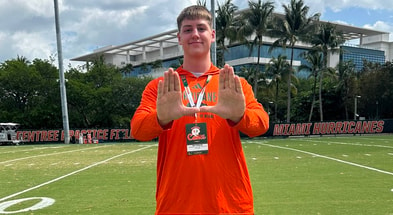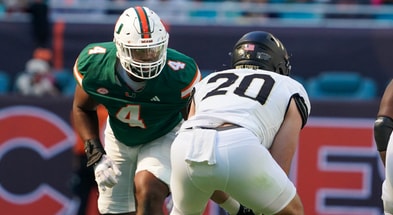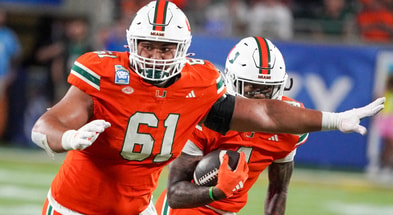Miami Hurricanes Director of Athletics Dan Radakovich addresses conference issues on Thurs.: "We are incredibly solid with the ACC"
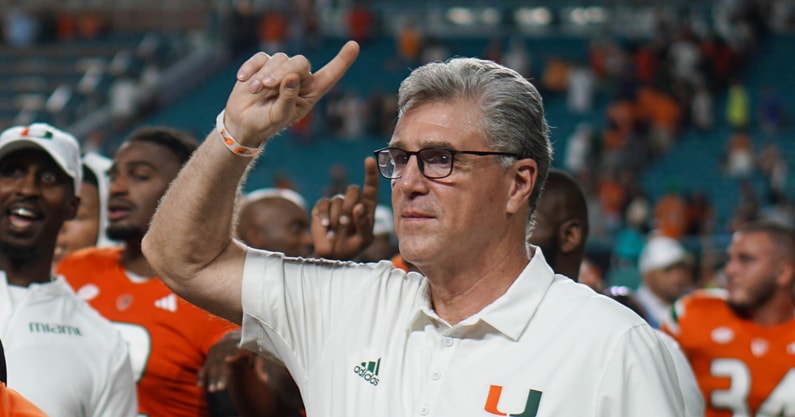
It’s no secret that the ACC is behind the 8 ball as it pertains to TV contracts when compared to the SEC and Big Ten, costing programs in the conference millions. It’s also no secret that Clemson and Florida State want out, with the Tigers already filing a lawsuit to try and get out of the ACC and the Noles also filing a lawsuit regarding revenue.
So how is this all viewed from a Miami perspective?
This morning UM Director of Athletics Dan Radakovich weighed in on 560 AM.
“I really didn’t see it (Clemson filing a suit to leave the ACC) coming at this point in time,” Radakovich said. “Almost every school in the ACC has gone to the home office and looked at the documents and just made sure they understood all the different things associated with the grant of rights, television contracts. I was a little surprised that Clemson did that at this point in time. But each of these circumstances are very, very local. Whether you have constituencies on campus making a little more noise that we don’t want to be in a circumstance where we are (at a) disadvantage. I guess Clemson looked at that, said this is an important time to lessen exit fees or (get rid of) the grant of rights. Same thing with Florida State.
“Here at the University of Miami we are incredibly solid with the ACC. It’s a great conference, provides great structure, access to the college football playoff which is very, very important. We look at our circumstances here with a very orange and green set of glasses saying are we in a good spot, growing our football program? We’ve invested in it, brought Mario (Cristobal) here, he’s establishing an incredible foundation. What’s the opportunity for us here with things under our control to be able to move this thing forward? The ACC is still one of the Power Four conferences that are part of the college football playoff, a very active and vibrant member of that Power Four. We are very proud to be a part of that, a leading brand within in the ACC and will continue to be a part of it.”
Radakovich was also asked if he thinks the contract is locked tight where Clemson and FSU will not be able to leave the ACC without huge financial repercussions. He pointed to Texas and Oklahoma announcing they were leaving the Big 12 for the SEC with four years remaining on their deal with a Grant of Rights in place. In that situation you saw those two programs stay in the conference and then buy out of the final year.
“There was no way in those early years that they were able to get out of the Grant of Rights,” Radakovich said. “I’m sure they had great attorneys – they looked at it and decided there was no way to get out of it so they stayed within their league until it was time they could get out.
“I’m not sure Clemson or Florida State will be able to change that.”
For background, ACC teams all signed a Grant of Rights agreement in 2013 that lasts through 2036. But since 2013 TV deals changed radically for other conferences.
Per On3 the ACC gets about $240 million annually from ESPN, meaning each of the 14 schools gets about $17 million.
The SEC has a 10-year contract that reportedly will be worth more than $300 million annually for the league; that is on top of the current deal with ESPN (that one also ends in 2034) that includes the televising of certain football and basketball games and the SEC Network. Consider that the current deal with CBS is worth $55 million a year. And consider that SEC expansion almost certainly will lead to a re-opening of negotiations. (Under that new ESPN deal, the 14 member schools would’ve expected to receive about $40 million a year solely from the league’s TV deal. In the 2018-19 fiscal year, each SEC school received about $44 million total from the SEC’s entire revenue distribution system.)
The Big Ten is in the middle of a six-year, $2.64 billion deal with Fox and ESPN that expires in 2023 and currently makes it the lead dog in annual TV revenue. The league gets about $440 million a year in TV money (including from the Fox-run Big Ten Network), meaning each of the 14 schools receives about $31.4 million.
Top 10
- 1New
Second-guessing Sark?
Ewers-Manning decision in spotlight
- 2Trending
Fiery crash video
Alijah Arenas football surfaces
- 3
Luke Altmyer
Calls out Nebraska QB commit
- 4Hot
Fan who fell from stands
20-year old former CFB player
- 5
Johntay Cook
Headed to ACC
Get the On3 Top 10 to your inbox every morning
By clicking "Subscribe to Newsletter", I agree to On3's Privacy Notice, Terms, and use of my personal information described therein.
The Pac-12? A 12-year, $3 billion contract with Fox and ESPN pays each school about $21 million annually expires in the summer of 2024.
So you can see the issue for ACC league teams. The conference is trying to reward winning teams with more money, but regardless the overall pool is much less than the other conferences.
“Those dollar differentials aren’t going to change the path of how we move forward as an organization,” Radakovich said. “It’s not going to change from how we are looking to build our football, basketball program. We are a university that is moving forward and on the rise both academically and through other areas.”
Left unsaid: If Clemson and FSU do leave the ACC, where would that leave Miami? Radakovich also didn’t rule out eventually having two mega-conferences, but said that will all hinge on TVs coming together to determine that.
“I don’t foresee that in the short term,” he said.
Radakovich also spoke the NIL situation in major sports.
“I think about the NIL, that opportunity is gong to be there, that genie is out of the bottle,” he said. “One thing we need to be able to do as an industry is look at the timing associated with the transfer portal. For example, we just finished a basketball season and come Monday after Selection Sunday the transfer portal opened. So the 68 teams in the NCAA Tournament, most of their teams are going to stay together. But you saw a number of teams eligible to play in the NIT, other postseason events, decline that opportunity because they may not have a full roster of players to continue to be effective into the NIT or other postseason events.”


